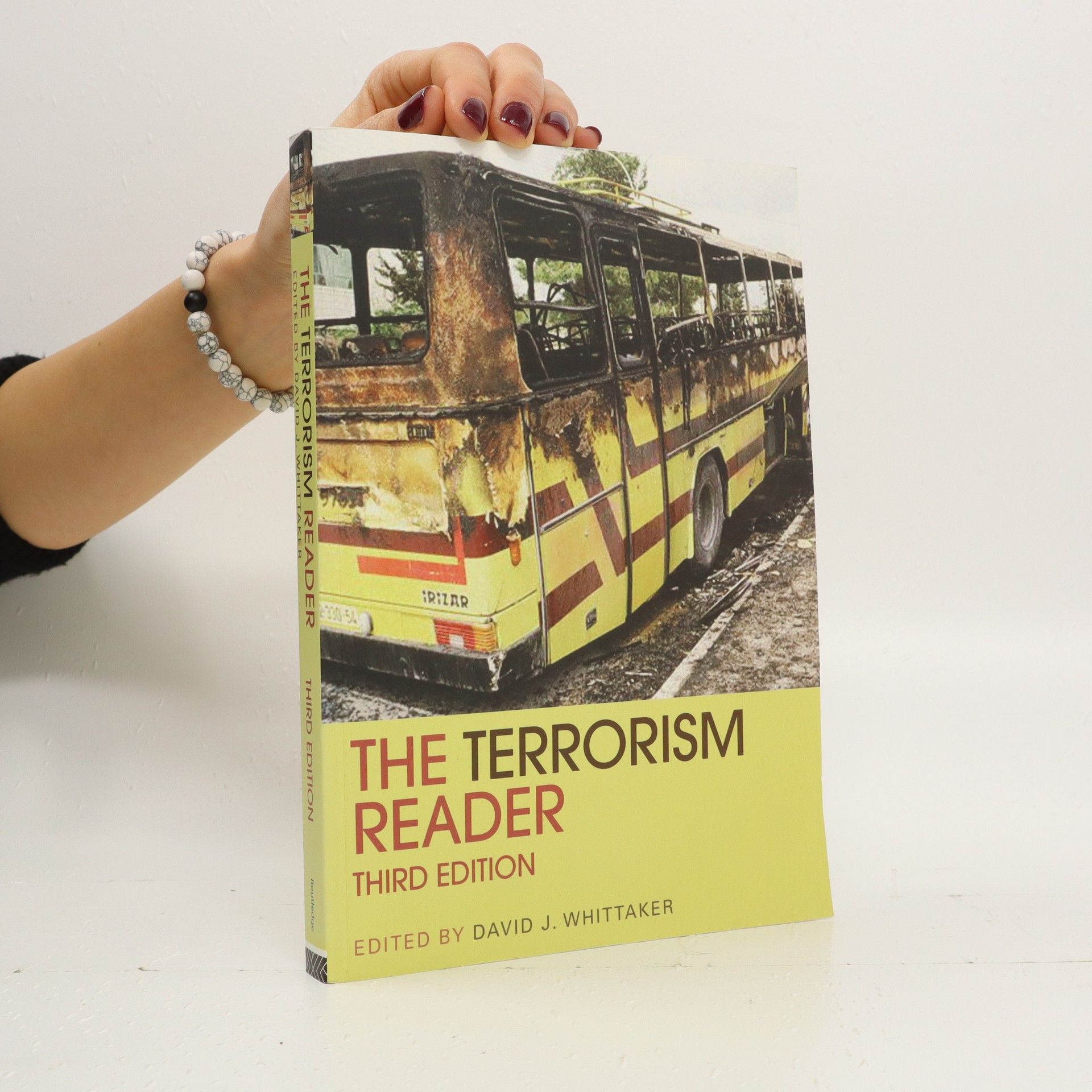The terrorism reader
- 334 Seiten
- 12 Lesestunden
This specially updated edition of 'The Terrorism Reader' now contains a chapter on The Taliban and the al-Qaida terror network and new material on George W. Bush's war against terrorism.


This specially updated edition of 'The Terrorism Reader' now contains a chapter on The Taliban and the al-Qaida terror network and new material on George W. Bush's war against terrorism.
The book explores the evolution of Sloyd, originating from the ideas of Uno Cygnaeus and the establishment of the first Sloyd school by Otto Salomon. It highlights the movement's expansion throughout Scandinavia, the UK, and America, while examining the debates and controversies surrounding the Sloyd system. Additionally, it addresses the shift from traditional hands-on craft work to modern technological concepts, providing a comprehensive look at the impact and transformation of Sloyd education.